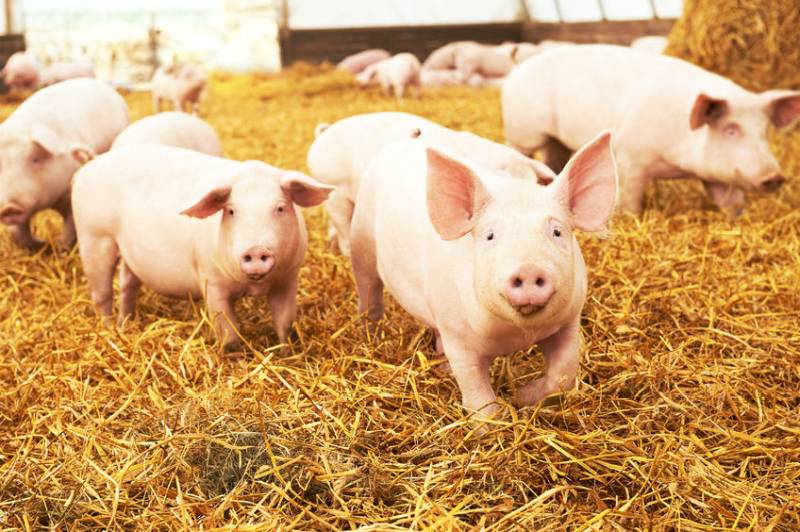
The Irish government has announced a multi-million euro support package for the country's pig sector, but Defra continues to deny funds for struggling producers in England.
Irish agriculture minister Charlie McConalogue unveiled €7 million for Ireland's pig producers as they battle with soaring costs and low pig prices.
The fund will be distributed through a flat rate payment of a maximum of €20,000 per individual commercial pig farmer sending more than 200 pigs per annum to slaughter.
The Irish Farmers’ Association (IFA) national pig chairman, Roy Gallie welcomed the support package, calling it an 'important first step'.
“Pig farmers are currently losing between €35 and €40 a pig and it is very tough for pig farmers at present. We must get this money out to them as a matter of urgency."
Ireland's announcement is the latest of a series of emergency support packages for pig producers brought in by governments across the UK and EU.
It joins Scotland, Northern Ireland, France, the Netherlands, Belgium and Poland and others by introducing measures to help its pig farmers struggling due to ‘low pig meat prices and extraordinarily high input costs’.
But Defra has repeatedly rejected calls for compensation to be issued to farmers in England, despite many forced to cull pigs as a result of on-farm backlogs caused by staff shortages in pork plants.
There are currently 200,000 pigs on contract backed up on farm across the country, latest figures show, with 40,000 healthy pigs culled and simply thrown away.
During this week's NFU Conference, Defra Secretary George Eustice again batted away calls for a fund to support English pig producers.
NFU President Minette Batters responded by saying the crisis was a 'disgrace' that was a direct result of the government’s "poorly designed change to immigration policy".
“This truly is an utter disgrace and a disaster for the pig industry," Mrs Batters said at the union's conference.
"This is down to the government’s poorly designed change to immigration policy and what I can only say appears to be its total lack of understanding of how food production works and what it needs.
“Situations like this make me more and more determined to shape a new and better future for not only how we produce our food but how we achieve a fair return for it."
